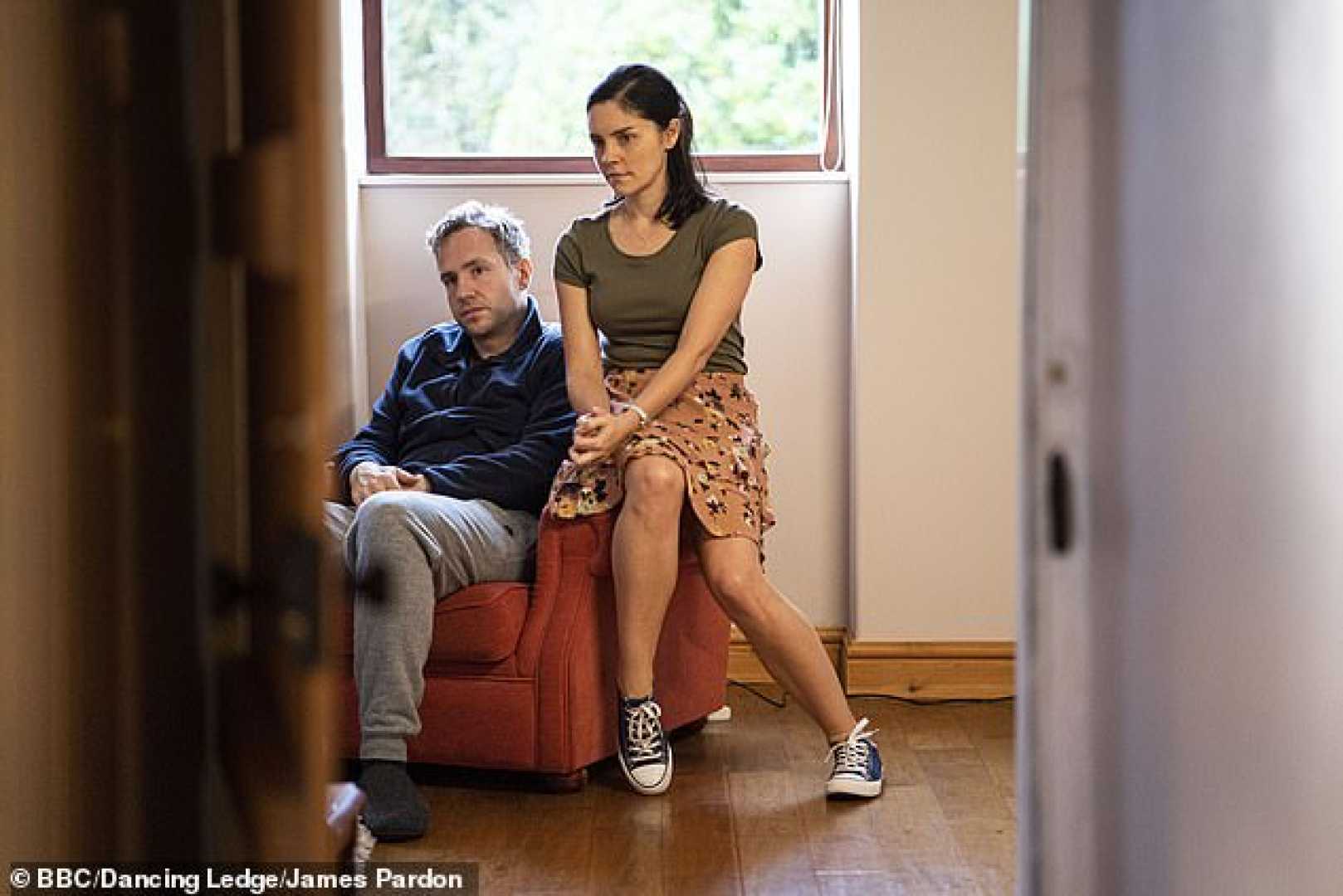News
Inquiry into Salisbury Novichok Poisoning Opens Amidst Calls for Justice

The independent inquiry into the 2018 Salisbury Novichok poisoning is set to commence on 14 October. The inquiry will delve into the circumstances surrounding the death of Dawn Sturgess and the attempted assassination of former Russian double agent Sergei Skripal and his daughter Yulia Skripal, which occurred earlier that year. The UK government has attributed the attack to Russian operatives, and it will be examining classified evidence in private.
Dawn Sturgess, 44, a mother of three, died on 8 July 2018 after unwittingly spraying herself with Novichok from a perfume bottle, which her partner, Charlie Rowley, had discovered in a charity collection bin. Mr. Rowley himself became gravely ill but survived.
Theresa May, the British Prime Minister at the time, in an interview with a BBC podcast, expressed skepticism that justice would be served, stating, “Closure to all the people affected would only finally come with justice, and that justice is highly unlikely to happen.” May also expressed hope that the inquiry could provide some solace to Sturgess’s family.
The inquiry, chaired by Lord Hughes, will take evidence from NHS staff, police, and intelligence informants to uncover the events that led to Sturgess’s death. The probe is not designed to determine criminal guilt but aims to establish responsibility and draw lessons for the future.
May reflected on the events following the initial attack on Sergei Skripal, a former Russian spy living in the UK after a 2010 exchange deal, and his daughter Yulia. On 4 March 2018, the Skripals were found unresponsive, and Novichok contamination was later confirmed on the door handle of Skripal’s home. The incident also critically affected Detective Sergeant Nick Bailey.
UK counter-terrorism police identified two prime suspects, travelling under aliases Alexander Petrov and Ruslan Boshirov, believed to be Russian intelligence officers Anatoliy Chepiga and Alexander Mishkin. A third suspect, Sergey Fedotov, was also linked to the case. However, political tensions and Russia’s refusal to extradite its citizens follow their likely involvement.
The Salisbury hearing will take place at Guildhall before shifting to London’s International Dispute Resolution Centre by 28 October. Scheduled to last several weeks, the inquiry seeks truth but faces limitations, unable to bring those suspected to trial. This remains a poignant reminder of the international reverberations of the incident.












